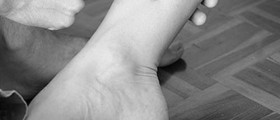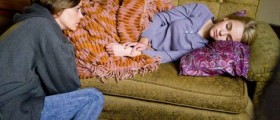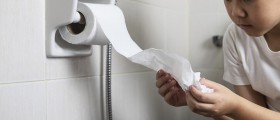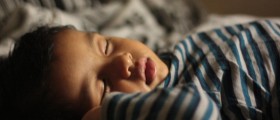
Enuresis or bedwetting is a condition characterized by involuntary urination. This problem usually affects people while they sleep, but it can also happen during the day. Children commonly learn to control the bladder around the age of 5. Younger kids still do not know that and end up wetting the clothes and the bed. However, this problem may appear in kids who have already learned not to wet themselves or in older children. To diagnose enuresis doctors need to know that the child has wet the bed at least once or twice per week, for last 3 months or so.
Causes of Bedwetting
It is very important to know that bedwetting is not a voluntary action, at least in most cases. Children could wet the bed because of some deep sleep, when they simply cannot wake up to go to the bathroom. These kids usually grow out of this problem, once they grow older and their sleep pattern changes.
Emotional and social factors are also very important as probable causes of this problem and different stressful events in kid’s life may lead to bedwetting. Small bladder, that gets full very quickly, delayed growth when the brain is still unable to recognize the fullness of the bladder or too little of anti-diuretic hormone can all lead to nocturnal enuresis (bedwetting at night). Medical conditions such as bladder infections could also lead to development of this condition, especially if the child has already stopped bedwetting for more than 6 months.
Bedwetting Treatment
Patients treated for enuresis are usually older than 7 years of age, while younger kids do not have to be treated according to most doctors. Until this time (7 years) children should gain control over their bladder and urination.
The treatment may consist of encouragement and praise when the child does not wet the bed, but also with the help of different moisture alarms, some behavioral therapy or certain medications designed for this purpose.
Medications can work in several ways, by increasing the capacity of the bladder for urine or by decreasing the amount of urine the kidneys release. Although these drugs can control bedwetting for a short period of time, they still cannot stop it completely. Desmopressin for bedwetting (DDAVP) and tricyclic antidepressant medications such as imipramine or desipramine may be used as drugs for nocturnal enuresis. Oxybutynin (Ditropan) is yet another useful medication for these patients, especially for those who experience daytime wetting.

















Your thoughts on this
Loading...